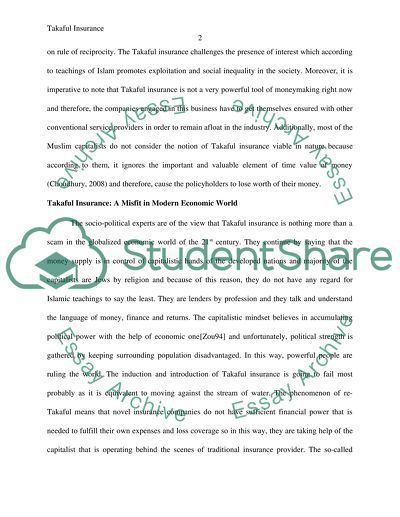Cite this document
(“Islamic Accounting & Financial Reporting Assignment”, n.d.)
Islamic Accounting & Financial Reporting Assignment. Retrieved from https://studentshare.org/finance-accounting/1632288-islamic-accounting-financial-reporting
Islamic Accounting & Financial Reporting Assignment. Retrieved from https://studentshare.org/finance-accounting/1632288-islamic-accounting-financial-reporting
(Islamic Accounting & Financial Reporting Assignment)
Islamic Accounting & Financial Reporting Assignment. https://studentshare.org/finance-accounting/1632288-islamic-accounting-financial-reporting.
Islamic Accounting & Financial Reporting Assignment. https://studentshare.org/finance-accounting/1632288-islamic-accounting-financial-reporting.
“Islamic Accounting & Financial Reporting Assignment”, n.d. https://studentshare.org/finance-accounting/1632288-islamic-accounting-financial-reporting.


